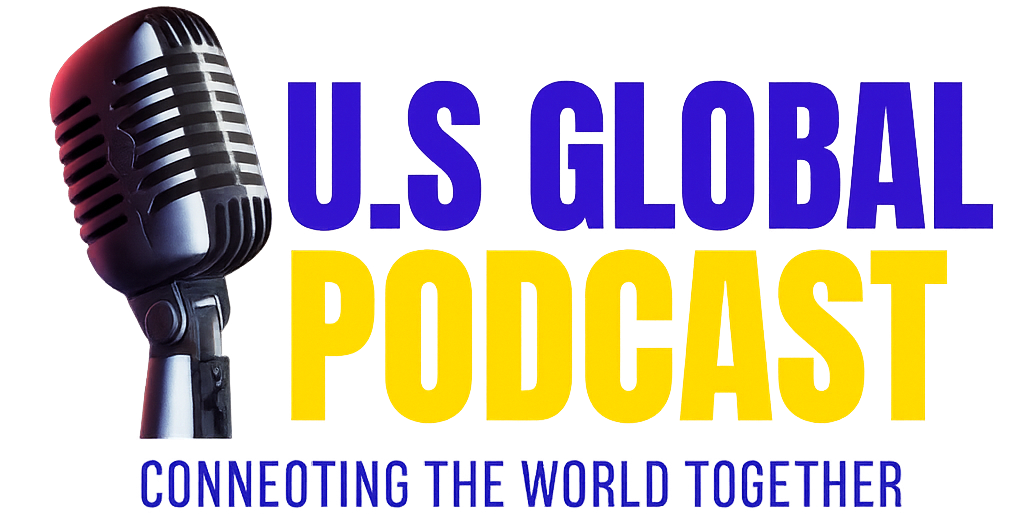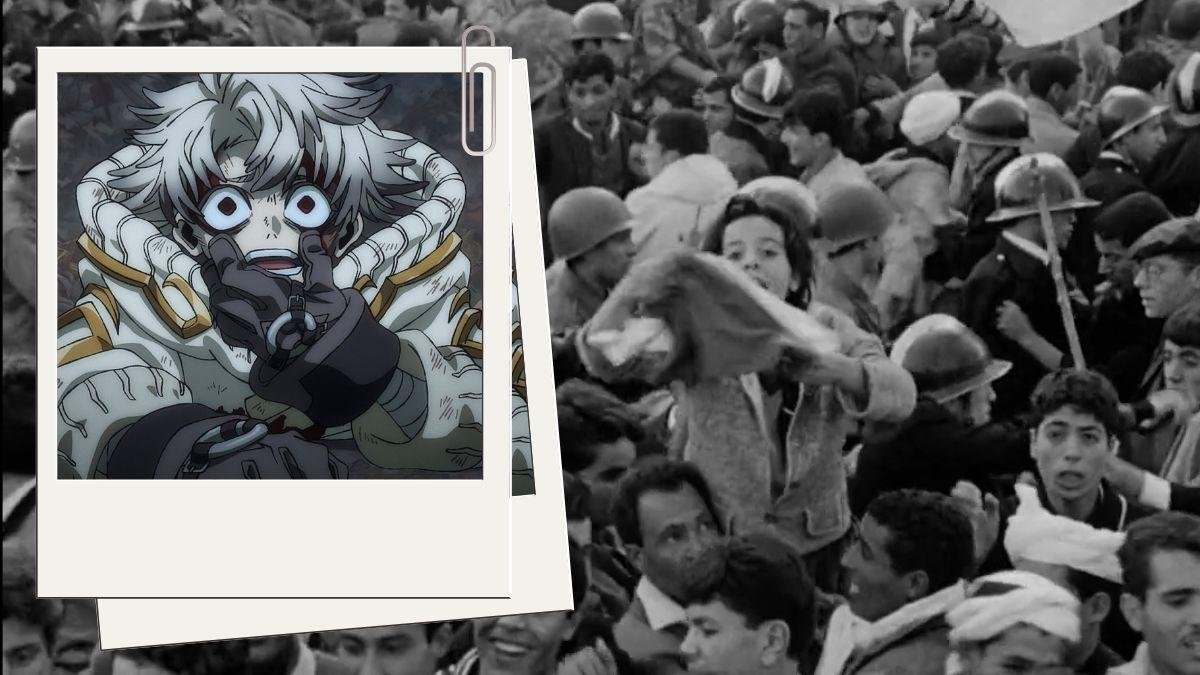Whether you’re an old hand at arthouse or just dipping a toe into the rising otaku subculture of anime aficionados around the world, this column lists curated titles that challenge, comfort, and occasionally combust your expectations.
Separated by genre, era, and geography, this week’s picks converse in the language of resistance. Gachiakuta (streaming on Crunchyroll) and The Battle of Algiers (available on Criterion Channel or YouTube) chart the lives of those who are relegated to society’s margins, revealing how those deemed expendable can overturn hierarchies and rewrite histories by confronting the same elemental conflicts of the oppressed finding a voice, and rebellion rising from the discarded.
From the drawing board
In most stories, trash is… well, trash. It signals dystopia in Blade Runner, it clutters Kowloon in Ghost in the Shell, it blows across like tumbleweed in Mad Max. In Kei Urana’s Gachiakuta, trash drives the story. It is inheritance, insult, ecosystem, and weapon.
The anime, adapted by Studio Bones, opens with Rudo — a boy of the slums — wrongly accused, condemned, and dumped into The Pit: an endless noxious hell of refuse where the unwanted are purged to rot. Only, the rot fights back. Here, monsters are literally made of waste, and the few survivors fashion weapons out of discarded objects, with their grief and memory transmuted into power called “Vital Instruments”.
The themes of lineage as guilt, disposability as governance and purity as a weapon against the poor, are sharp-edged. Rudo’s crime is ancestry, which is a system that will feel disturbingly prescient to anyone who has read Dalit testimonies, studied colonial erasures, or simply lived in a city where poverty smells “offensive” to the wealthy.
A key visual from Gachiakuta
| Photo Credit:
X/ @gachiakuta_PR
If you like the class satire of Bong Joon-ho’s Parasite, or the way Attack on Titan and Fullmetal Alchemist: Brotherhood reframe systemic oppression as monster-making, you’ll probably enjoy Gachiakuta. It doesn’t want your sympathy so much as your rage, for this isn’t an anime about being accepted back into polite society, rather sharpening society’s trash into something that cuts back.
Foreign affairs
This isn’t a new release but it made sense to bring up Gillo Pontecorvo’s The Battle of Algiers this week because Paul Thomas Anderson just dropped its ghost right into the bloodstream of his latest masterpiece One Battle After Another.
In the film, Leonardo DiCaprio’s character spends afternoons stoned, rewatching The Battle of Algiers. PTA knows the choice of DiCaprio squinting at guerrilla warfare on TV is funny, but he’s also deadly serious in its implication. For a man who has lost his way, Pontecorvo’s classic is a reliquary of revolutionary conviction.
First released in 1966, The Battle of Algiers re-enacts the Algerian War of Independence with such verité precision that many viewers thought it was a documentary. Its use of non-professional actors, handheld cameras, and Ennio Morricone’s percussive score makes insurgency feel terrifyingly intimate. The French paratroopers rain violence on the Casbah, torturing, killing, and terrorising with impunity; while the FLN strikes back as the rightful inheritors of a city under siege, and asserting liberation by any means necessary.
Brahim Haggiag as revolutionary leader Ali La Pointe in a scene from Gillo Pontecorvo’s The Battle of Algiers
| Photo Credit:
BFI
Watching The Battle of Algiers is to feel history pressing into the present. As Anthony Bourdain once put it, the “multidimensional agitprop” politicised him overnight. It remains so potent that in 2003 the Pentagon screened it for officers headed to invade Iraq, essentially as a cautionary tale about how to win battles but lose the larger war. Fifty years on, its lessons about asymmetry, occupation, and the cost of liberation are undimmed.
If you like the genesis of resistance in Andor, or the way Children of Men maps state collapse into everyday space, you’ll probably be floored by The Battle of Algiers. It’s not that the film still feels urgent, rather every generation finds in it a reflection of its own unfinished struggles. Watching it today, you might think of Gaza. Watching it tomorrow, somewhere else.
Anderson isn’t wrong to call on it now. His film may be fiction, but The Battle of Algiers still teaches what empire never quite learns: you can’t bomb memory out of people.
Ctrl+Alt+Cinema is a fortnightly column that brings you handpicked gems from the boundless offerings of world cinema and anime
Published – October 05, 2025 11:21 pm IST


